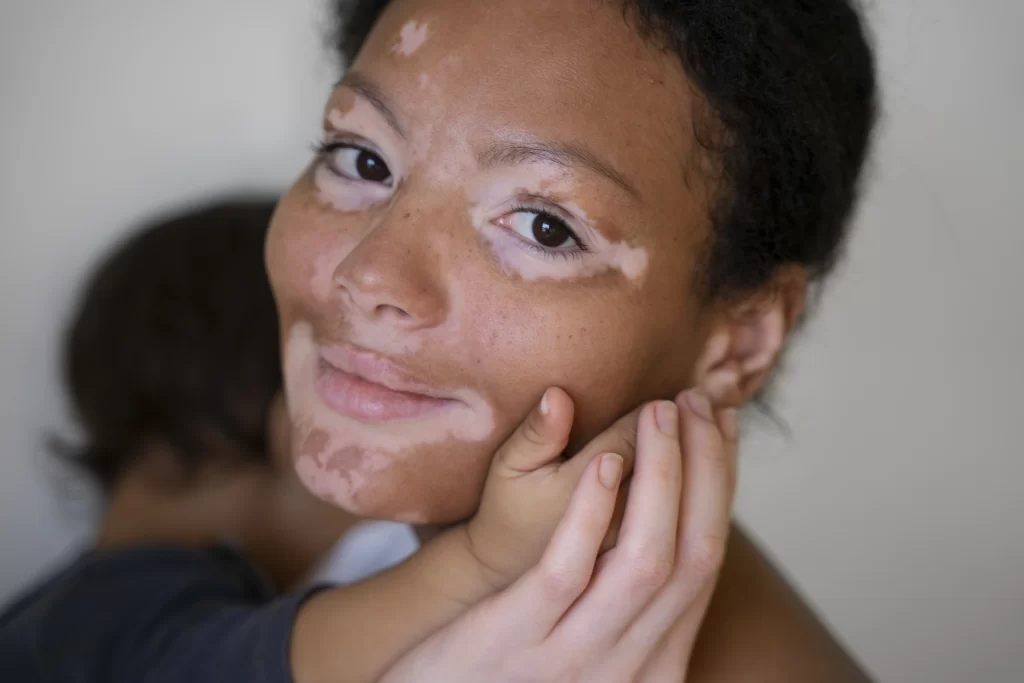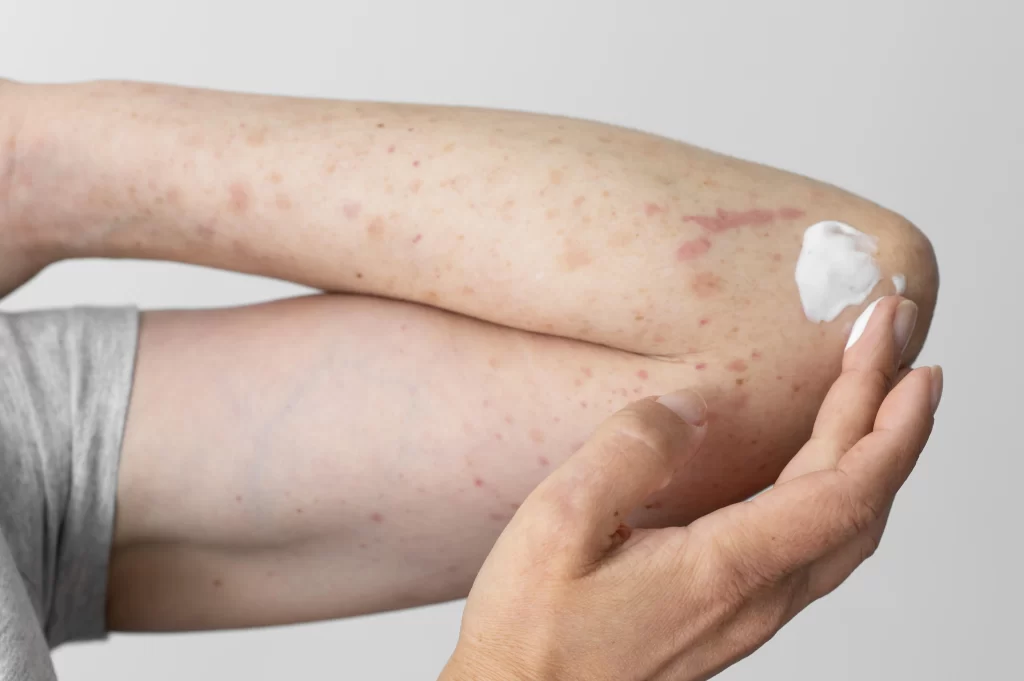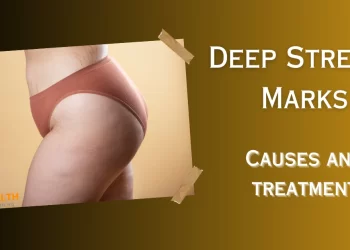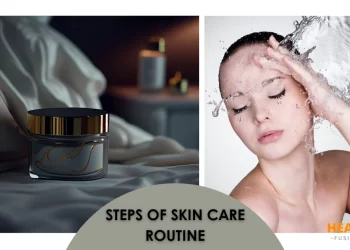White spots on skin can be concerning, but understanding their causes and treatment options is crucial. Our skin is not only the largest organ of our body but also a reflection of our overall health. Any changes or abnormalities in our skin can be a cause for concern. One such condition that can occur is the appearance of white spots on the skin. These spots can vary in size and shape, and their presence may lead to self-consciousness or worry. In this article, we will explore the causes, symptoms, and treatment options for white spots on the skin, providing you with a comprehensive understanding of this condition.
| Key Takeaway |
| White spots on the skin can be caused by various conditions, such as Tinea versicolor, eczema, vitiligo, idiopathic guttate hypomelanosis, pityriasis alba, and lichen sclerosus. |
| Treatment options for white spots on the skin include home remedies, prescription medications, and cosmetic solutions, which depend on the underlying cause of the spots. |
| To prevent white spots on the skin, it is important to maintain good skin hygiene, avoid excessive sun exposure, wear protective clothing, stay hydrated, maintain a healthy diet, and promptly seek medical treatment if any white spots appear on the skin. |
Overview of White Spots on Skin
White spots on skin, also known as hypopigmentation, can be caused by various factors such as skin infections, autoimmune diseases, or genetic conditions.
- The appearance of these spots can vary from small and scattered, to large and prominent.
- Skin infections such as fungal infections, can cause the skin to lighten and produce white spots.
- Autoimmune diseases such as vitiligo, cause the immune system to attack melanocytes, causing depigmentation.
- Genetic conditions, like albinism, reduce or completely lack melanin production, resulting in white spots on the skin.
It is important to seek medical attention, especially if the spots are accompanied by other symptoms or discomfort.
Interesting fact: “Vitiligo affects about 1% of people worldwide” (Medical News Today).
Causes of White Spots on Skin
White Spots on Skin – Causes and Insights to Look for
Berloque dermatitis, Tinea versicolor, Vitiligo, and Pityriasis Alba – are some of the common causes of white spots on skin. From chemical reactions to fungal infections and genetic disorders, there are many reasons why your skin may develop white spots. These spots can occur anywhere on your body, and may or may not be accompanied by itching or pain.
In addition to the above-mentioned causes, exposure to sunlight, injuries, and certain medications can also cause white spots on your skin. It is important to get a proper diagnosis from a dermatologist to determine the exact cause of these spots. Early detection and timely treatment can prevent further skin damage and other complications.
If you notice any unusual changes in your skin, do not hesitate to seek medical assistance. Your skin is the largest organ of your body, and protecting its health is crucial. With proper care and attention, you can prevent the development of white spots on your skin and maintain its natural beauty.

| Skin Condition | Description |
| Fungal Infections | Certain fungal infections, such as tinea versicolor, can cause hypopigmented patches on the skin. These infections are often accompanied by itching and scaling. |
| Tinea Versicolor | A fungal infection that causes spots that may be lighter or darker than the surrounding skin. |
| Pityriasis Alba | A common skin condition that primarily affects children and young adults, characterized by dry, scaly, and hypopigmented patches, usually on the face. |
| Post-inflammatory Hypopigmentation | Following certain skin injuries, such as burns, cuts, or infections, the skin may temporarily lose pigmentation, resulting in the appearance of white spots. |
| Idiopathic Guttate Hypomelanosis | A condition that causes small, flat white spots on the skin, primarily found in fair-skinned individuals. Believed to be caused by long-term sun exposure. |
| Vitiligo | A long-term condition that causes pale white patches on the skin due to the lack of melanin, the pigment responsible for skin coloration. |
| Milia | Small, pimple-like cysts that tend to occur in clusters on the face, usually around the eyes or on the forehead, but they can appear anywhere. |
| Lichen Sclerosus | A rare condition that creates thin patches of white skin, typically affecting the skin of the genitals. |
| Superficial Yeast Infection | A possible cause of a discolored patch on the skin, affecting just the top layer, often caused by yeast overgrowth. |
| Atopic Dermatitis (Eczema) | A fungal infection is also known as pityriasis versicolor or tinea versicolor. |
| Sunspots or Guttate Hypomelanosis | White spots where skin pigment has been lost due to prolonged sun exposure. |
| Mycosis | Small, pimple-like cysts tend to occur in clusters on the face, usually around the eyes or on the forehead, but they can appear anywhere. |
Treatment Options for White Spots on Skin
White Spots on Skin: Effective Treatment Options
Skin discoloration in the form of white spots can be a result of various underlying causes such as fungal infections, autoimmune diseases, and vitiligo. To effectively treat white spots on skin, it is crucial to identify the root cause and develop a personalized treatment plan accordingly. Several treatment options, such as topical creams, oral medications, and light therapies, can help reduce the appearance of white spots.
Topical treatments, including corticosteroids, retinoids, and immune-suppressing creams, can effectively manage mild to moderate cases of white spots. Oral medications, such as immunosuppressants and antibiotics, are prescribed to treat severe cases. Phototherapy such as narrowband UVB therapy and hand-held UVB devices are also effective in restoring pigment. However, treatment effectiveness varies from person to person and may require prolonged use.
It is essential to note that certain cases of white spots on skin may not be treatable. For example, vitiligo, an autoimmune disorder that destroys melanin-producing cells, has no definitive cure yet. However, several treatment options can help in managing the condition and reducing the spread of white patches.
According to the article “What Causes White Spots on Skin,” published on Healthline, some natural treatments such as aloe vera and turmeric may help in reducing the appearance of white spots, but no scientific evidence supports their effectiveness yet. Seeking medical advice is essential to minimize the risk of further complications and receive appropriate treatment.
In summary, effective treatment options for white spots on skin include topical creams, oral medications, and light therapies. However, the individual’s medical history and underlying causes must be considered before selecting the treatment plan. Seeking medical advice and following the prescribed treatment regimen is crucial for the effective management of white spots on skin.

Prevention Tips for White Spots on Skin
Preventing White Spots on Skin: Tips and Tricks
White spots on skin are caused by various factors. To prevent them, proper precautions and preventive measures need to be taken. Here are some helpful tips:
- Protect your skin from excessive sun exposure with the help of sunscreen, clothing, hats, and umbrellas.
- Ensure you have a healthy diet, rich in vitamins and minerals crucial for skin health.
- Maintain good hygiene, cleanse your skin properly, and avoid using harsh chemicals or products that don’t suit your skin type.
- Avoid smoking and excessive alcohol consumption.
- Reduce stress and avoid anxiety as it can affect your skin health.
- Consult a dermatologist if you see any unusual skin changes or have a history of skin-related disorders.
It is important to note that certain medical conditions, such as vitiligo or tinea versicolor, can also cause white spots on the skin. Therefore, getting a proper diagnosis and professional medical advice is crucial.
In addition to these prevention tips, it is also important to pay attention to any changes in your skin, especially if you notice the appearance of new white spots. Early detection and prompt treatment can prevent the spread of any underlying skin condition, thus reducing the risk of permanent skin damage.
Don’t let the fear of missing out on healthy, glowing skin hold you back. Practice proper prevention and take care of your skin to avoid white spots and other skin problems.
Coping with White Spots on Skin
Dealing with white spots on the skin can be challenging, especially if they are visible or affect a large area. Here are a few tips to help cope with this condition:
Seek Support: Reach out to support groups or online communities where you can connect with others who are going through similar experiences. Sharing your concerns and experiences can provide emotional support and valuable advice.
Cosmetic Camouflage: Various cosmetic products, such as concealers and foundations, can help cover the white spots temporarily and boost your self-confidence.
Sun Protection: Protecting your skin from excessive sun exposure is crucial, as the contrast between the white spots and tanned skin can become more noticeable. Apply broad-spectrum sunscreen and wear protective clothing, especially when spending time outdoors.
Five Facts About What Causes White Spots On Skin
- White spots on the skin may be caused by conditions such as eczema, tinea versicolor, lichen sclerosus, vitiligo, and idiopathic guttate hypomelanosis.
- Tinea versicolor is caused by an overgrowth of yeast on the skin and can be treated with topical products and medications.
- Eczema is an inflammatory skin condition that can cause white spots on the skin, along with itchiness, dryness, and scaling.
- Vitiligo is a condition where certain skin cells stop producing melanin, causing white patches to appear on the skin.
- Idiopathic guttate hypomelanosis causes small, white spots on the skin that are painless and benign, typically appearing on areas that receive a lot of sun exposure.
When To See a Dermatologist
If you notice any white spots on your skin that concern you or if they are accompanied by other symptoms, it is advisable to consult a dermatologist. A dermatologist can evaluate your condition, provide an accurate diagnosis, and recommend appropriate treatment options.
Final Thoughts
In conclusion, white spots on the skin can be caused by a variety of factors, including fungal infections, autoimmune diseases, and genetic conditions. It is important to seek medical attention if you notice any unusual changes in your skin or the appearance of new white spots.
Treatment options are available, ranging from topical creams to oral medications and light therapies, depending on the underlying cause. By practicing good skin hygiene, protecting your skin from excessive sun exposure, and promptly seeking medical assistance, you can minimize the risk of white spots on your skin and maintain its natural beauty.
Remember, your skin’s health is vital, and with proper care, you can confidently overcome any concerns related to white spots on your skin.
FAQs about What Causes White Spots On Skin
What causes white spots on the skin?
White spots on the skin can be caused by several factors, including skin conditions, autoimmune conditions, genetics, and excessive sweating. These can lead to an overgrowth of yeast, dryness, itchiness, inflammation, and scaling.
What are some common skin conditions that can cause white spots?
Eczema, tinea versicolor, idiopathic guttate hypomelanosis, and pityriasis alba are some skin conditions that can cause white spots. Lichen sclerosus is a rare condition that can also cause white patches on the skin.
How can tinea versicolor be treated?
Tinea versicolor can be treated with over-the-counter antifungal products such as miconazole, selenium sulfide, ketoconazole, and clotrimazole. If the symptoms are severe, a dermatologist can prescribe stronger topical creams or oral medication.
What is vitiligo?
Vitiligo is a pigmentation disorder in which certain skin cells stop making melanin, leading to completely white patches on the skin. It may be caused by an autoimmune condition in which the immune system attacks melanocytes.
How can vitiligo be treated?
Vitiligo can be treated with steroids, immunomodulators, ultraviolet light therapy, and JAK inhibitors. Cover-up cosmetics and protective clothing are also useful for reducing the appearance of white patches.
What are some remedies for hypomelanosis?
There are no specific remedies for hypomelanosis, but medicated ointments and skin lotions can help. Covering the affected areas with clothing or avoiding sun exposure can also help prevent further skin discoloration.
Can nutritional deficiencies cause white spots on the skin?
Yes, nutritional deficiencies such as calcium deficiency, vitamin D deficiency, and vitamin E deficiency can cause white spots on the skin. Consuming foods rich in these nutrients, such as milk and sardines, can help prevent these deficiencies.











